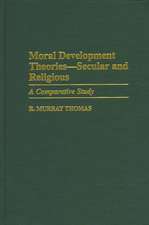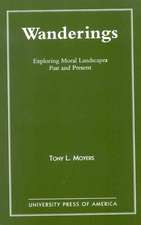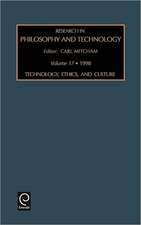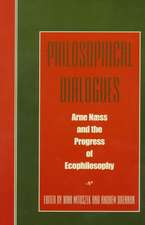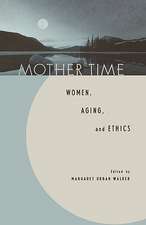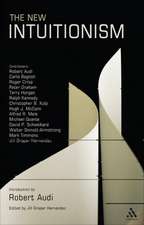Shaping a Modern Ethics: The Humanist Legacy from Nietzsche to Feminism
Autor Professor Benjamin Bennetten Limba Engleză Paperback – 25 aug 2021
| Toate formatele și edițiile | Preț | Express |
|---|---|---|
| Paperback (1) | 216.79 lei 6-8 săpt. | +69.32 lei 6-12 zile |
| Bloomsbury Publishing – 25 aug 2021 | 216.79 lei 6-8 săpt. | +69.32 lei 6-12 zile |
| Hardback (1) | 597.70 lei 6-8 săpt. | |
| Bloomsbury Publishing – 5 feb 2020 | 597.70 lei 6-8 săpt. |
Preț: 216.79 lei
Preț vechi: 274.43 lei
-21% Nou
Puncte Express: 325
Preț estimativ în valută:
41.48€ • 43.40$ • 34.46£
41.48€ • 43.40$ • 34.46£
Carte tipărită la comandă
Livrare economică 03-17 aprilie
Livrare express 26 februarie-04 martie pentru 79.31 lei
Preluare comenzi: 021 569.72.76
Specificații
ISBN-13: 9781350262317
ISBN-10: 1350262315
Pagini: 216
Dimensiuni: 156 x 234 x 17 mm
Greutate: 0.3 kg
Editura: Bloomsbury Publishing
Colecția Bloomsbury Academic
Locul publicării:London, United Kingdom
ISBN-10: 1350262315
Pagini: 216
Dimensiuni: 156 x 234 x 17 mm
Greutate: 0.3 kg
Editura: Bloomsbury Publishing
Colecția Bloomsbury Academic
Locul publicării:London, United Kingdom
Caracteristici
Provides an original, largely literary approach to philosophical texts, with a number of cross-century readings (from Lessing to Freud, Habermas to Machiavelli)
Notă biografică
Benjamin Bennett is Kenan Professor of German and Comparative Literature, and Interim Chair of the Department of Germanic Languages & Literatures at the University of Virginia, USA.
Cuprins
AcknowledgmentsAbbreviations Preliminary Remarks: Wittgenstein and Strawson Chapter One: Introduction: Ethics, "Literature," and Irony Chapter Two: Nietzsche and Rorty: The Ethics of Irony Chapter Three: Kant and Leibniz Chapter Four: Lessing: History, Irony, and Diaspora Chapter Five: Lessing and Freud: Theory, Wisdom, and the Scope of Ethics Chapter Six: Habermas, Rorty, and Machiavelli Chapter Seven: Woolf, Bachmann, Wittig: Toward a Feminist Ethics Conclusion, or Not
Recenzii
Benjamin Bennett's Shaping A Modern Ethics offers a series of provocative case studies, focusing on Lessing and Freud, on Nietzsche and Rorty, on Habermas and Wittig. Bennett introduces us to Enlightenment thought and a post-Enlightenment relativism that also re-centers our attention towards Jewish philosophy and feminist thought. This is a very timely book that will be appreciated by students of philosophy and literature alike.
One of the foremost literary scholars of our times, Benjamin Bennett, with his signature flair and brilliance, argues in his newest book for the ethical significance of literature-precisely when it defies all ethical propositions. In the tradition of Leibniz, Lessing, Nietzsche, Kafka, Wittgenstein, and Bachmann, he resists the clamor for extrinsic guidelines and the authoritarian injunction to literal interpretation. Instead, Bennett celebrates the non-compliant, ironic, and experimental text. A refreshing voice!
One of the foremost literary scholars of our times, Benjamin Bennett, with his signature flair and brilliance, argues in his newest book for the ethical significance of literature-precisely when it defies all ethical propositions. In the tradition of Leibniz, Lessing, Nietzsche, Kafka, Wittgenstein, and Bachmann, he resists the clamor for extrinsic guidelines and the authoritarian injunction to literal interpretation. Instead, Bennett celebrates the non-compliant, ironic, and experimental text. A refreshing voice!


